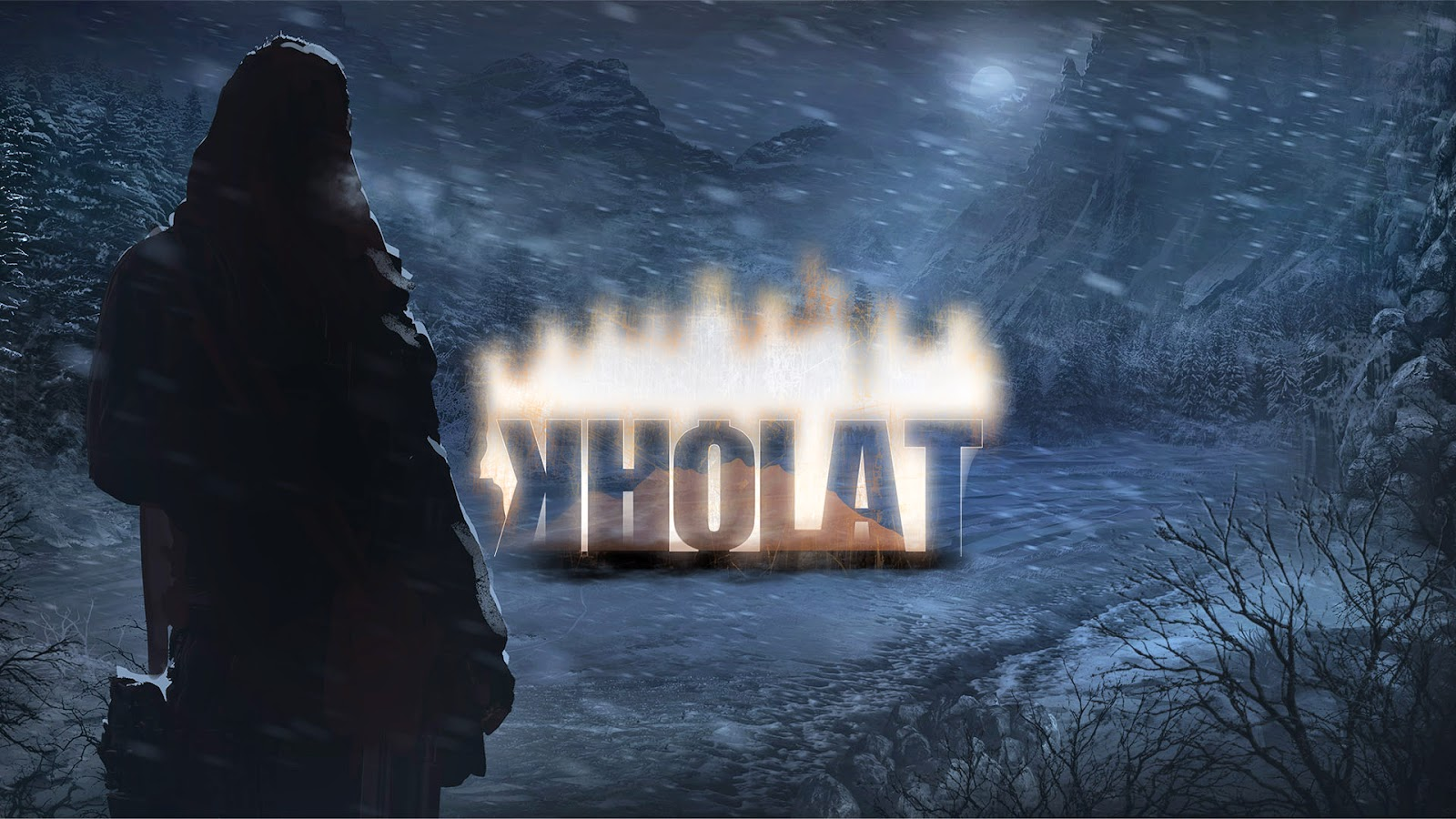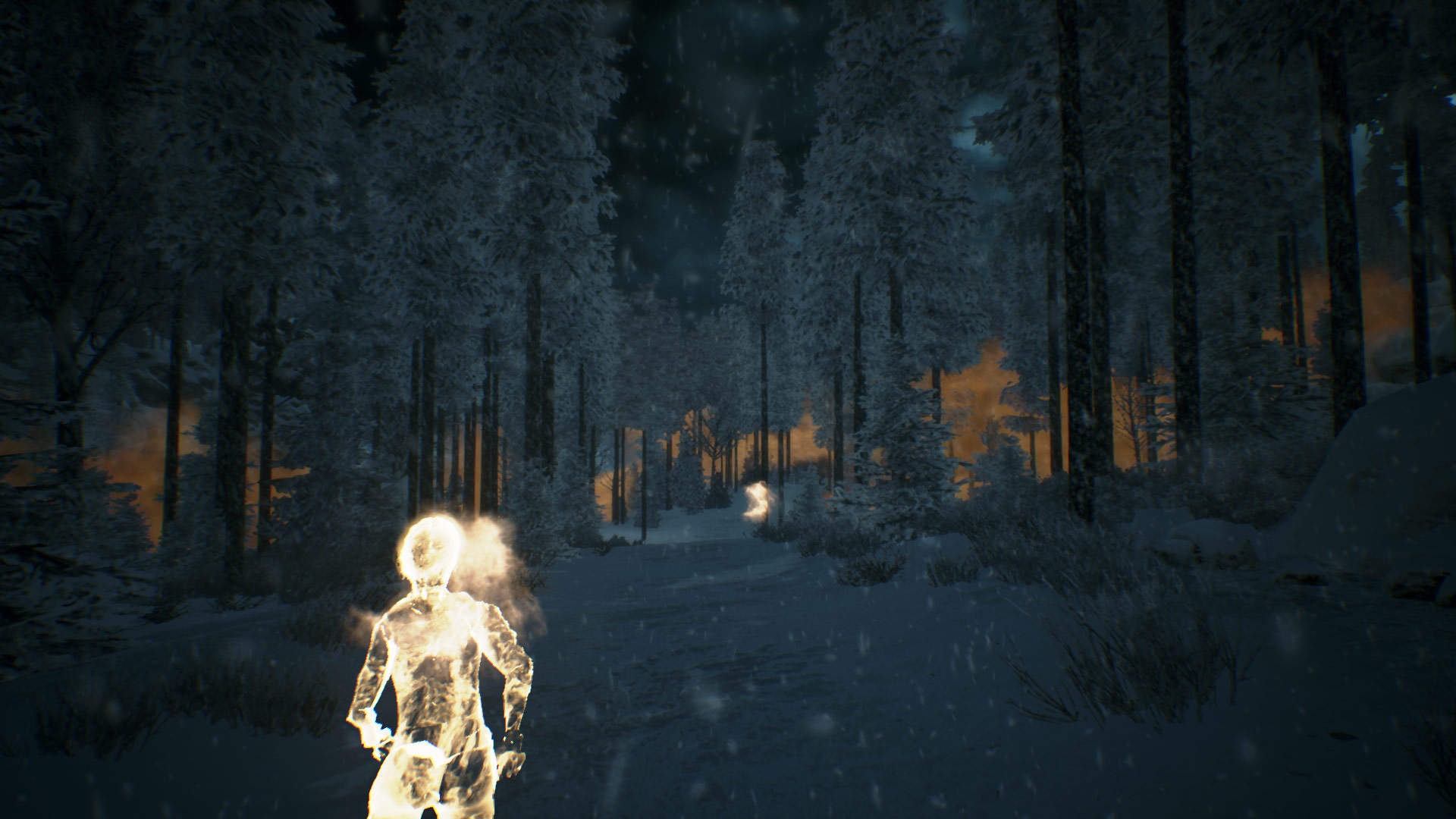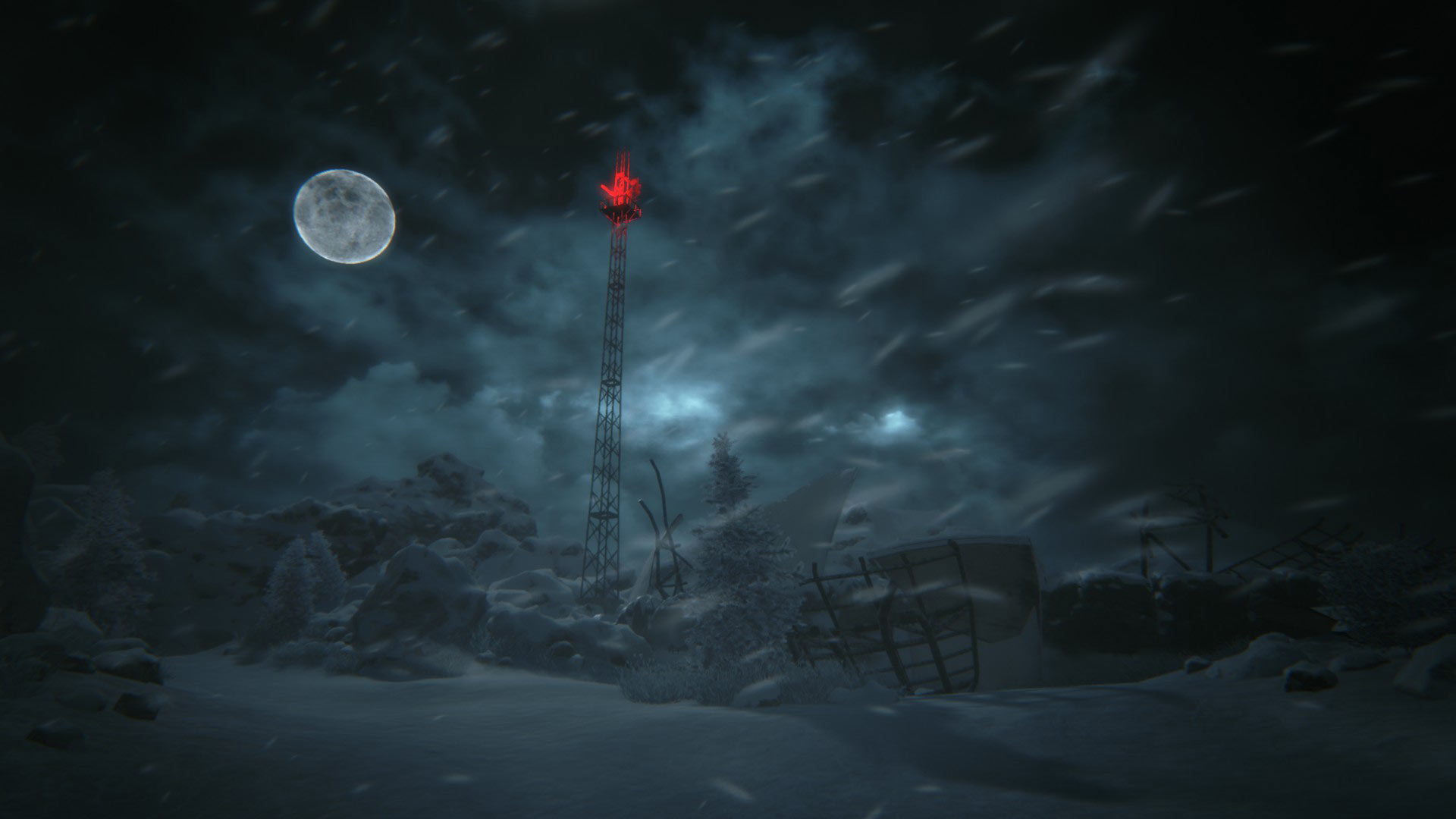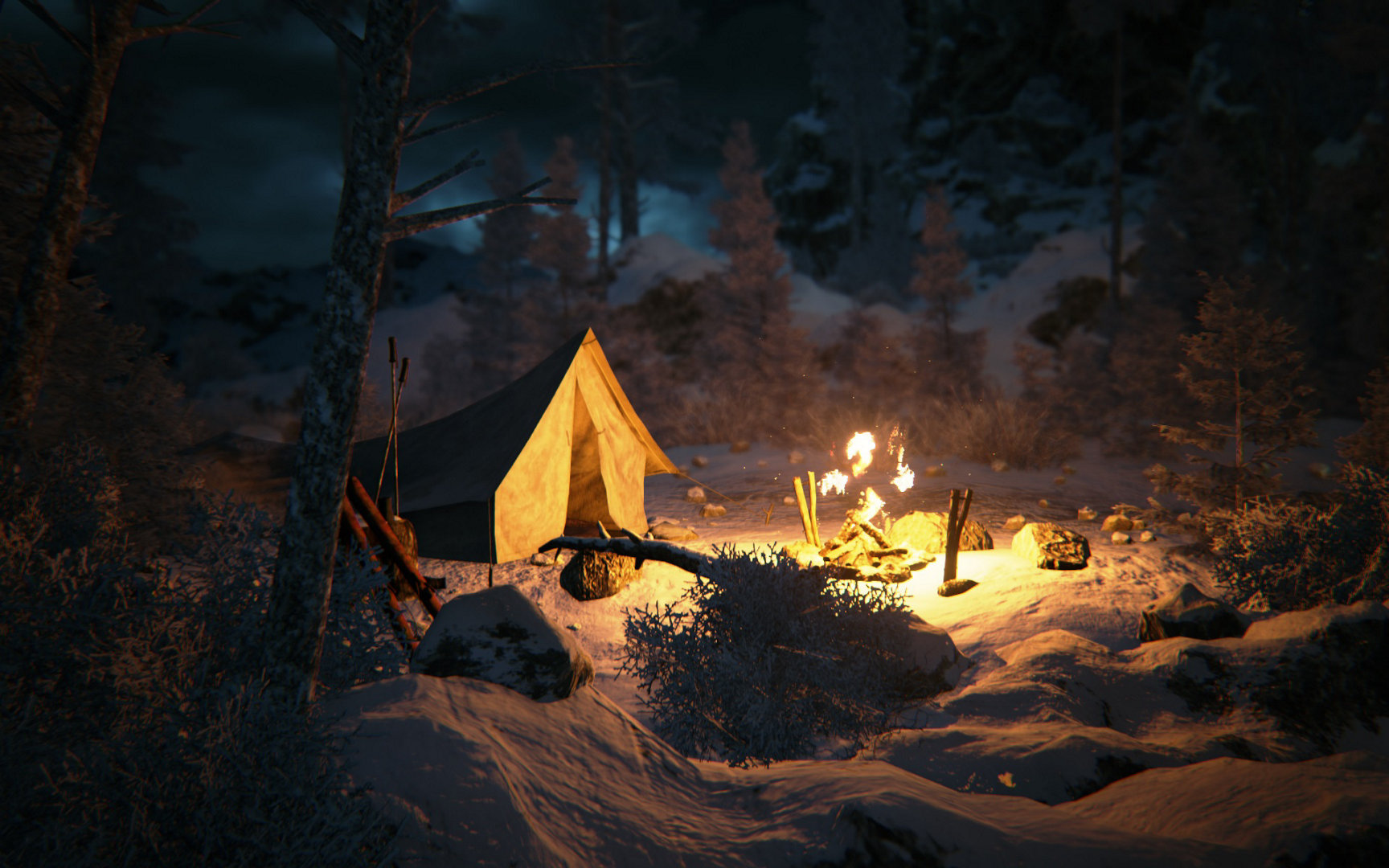Kholat is a hell of a game, for better or worse. It tries to do a lot of things, but it doesn’t juggle it all particularly well. Part of that has to do with its roots as a “traditional” walking simulator. There isn’t much to do other than wondering around, listening to Sean Bean string together lines of poetry and non-sequiturs as a kind of narration. But a bigger part of it has to do with the real-life mystery the game is based on – the Dyatlov Pass Incident, which can you learn more about in our collaboration with Games of History below.
https://www.youtube.com/watch?v=dW6NApXnSsI
The Dyatlov Pass
The Dyatlov Pass Incident refers to a group of nine hikers from the Soviet Union in 1959. They went missing on a hike deep within the mountains of Siberia, and were later found dead. Normally their deaths would be attributed to them getting lost and dying of hypothermia. But there’s more to it than that which led to an inconclusive investigation, and some farfetched conspiracy theories.
Several points about their deaths are indeed odd. When their tent was found, investigators discovered it was ripped open from the inside. The hikers were also found in two groups. The first group had all died of hypothermia and weren’t wearing any clothes. The second group was found at the bottom of a ravine, and had severe, fatal injuries. “Oh, well they got injured by falling down there,” you may think, but no. One of them had no injuries whatsoever. To top off the mystery pie, two of them were wearing clothing high contaminated with radiation.
There are a lot more, smaller details, but those are the big ones. It’s hard doing any research on the event for several reasons. It happened nearly 60 years ago, and in the Soviet Union where the government buried any bad news like this. The conspiracy theorists have moved in and set up shop as well. As always, they’re more than willing to exaggerate facts or even fabricate them to suit their narrative.
 Conspiracy Theories Taking Over
Conspiracy Theories Taking Over
Kholat doesn’t attempt to accurately recreate the circumstances surrounding the hikers deaths so much as it plays into the conspiracies. I couldn’t tell you what was going on in Kholat. Indiana Jones wouldn’t think it belongs in a museum though, that’s for sure. There are weird orange ghosts, an orange fog that kills you, and Sean Bean seems to have created the player character in a lab?
It’s one of those weird games that doesn’t offer any answers. It’s just weird for the sake of weirdness. The developers even went on their Steam forums and started asking badly translated questions as well, which I can’t tell if I admire or just find sad.
That’s my biggest problem with the game, I don’t get the sense that it respects history or the victims, and instead panders to those looking for conspiracy theories. This is a video game, and a horror one at that, so some liberties have to be taken. But the way the game takes those liberties and presents them feels disrespectful. Not just towards the victims for their portrayal, but towards the player for not accurately representing the facts.
 Not Informing the Player
Not Informing the Player
There’s nothing wrong with basing a game, even a horror game, on real events like this. You can even add ghosts or aliens or Sean Beans all you want. But remember, in this case, we’re talking about nine individuals who all died tragically young – they were all students in their 20’s except for their guide, a 38 year old World War II veteran. Kholat owes its players the basic understanding of what happened to them, but that doesn’t happen.
After the introductory cutscene that tells you the hikers died and some of the facts, you’re thrown into the world without any idea what’s happening. You don’t know who you are, what you’re doing, or what your goal is. You don’t want to overload the player with information at the start, but that hole is never filled. It’s left empty other than the ghost people and orange fog.
Kholat reminds me of 1979 Revolution: Black Friday, of all games. Based on the 1979 Iranian Revolution, Black Friday too failed to properly establish context for the events in game. It did a disserve to players by not informing them of what was happening, instead throwing them headlong into the story, which felt barely related to the historical, real world events. But at least that game offered up historical context via documents you collected throughout the game. In Kholat, all you get are diary entries, which aren’t even the real diaries left behind by the hikers.
 How it Could have Been Different
How it Could have Been Different
As I said in the video above, you make a horror game based on the events of the Dyatlov Pass Incident fairly easily, without even needing the ghosts. Imagine it: you’re playing the leader of a search party looking for the hikers, and you have no idea where they are other than the vague idea of where they were supposed to be going. It’s freezing cold and you have to manage your supplies and constantly check your barring so you don’t get lost. Remember, its 1959 so you don’t have the benefits of modern technology.
All the while you have to deal with the students in your search party (from the Ural Polytechnic Institute, the same school the original hikers attended) who think their friends are alive and well, and the local police who know better. Then, when you find their tent ripped to pieces, you have to investigate the area like a crime scene before stumbling on the first group’s bodies, then you have to investigate that too, and inform their families of their deaths.
That all sounds pretty tense and horrifying to me. You could even throw in some ghosts if you really wanted to, and it’s still be respectful to the history, the victims, and the player. Maybe I’m asking too much from an indie studio – the kind of thing I’m talking about would require a semi-open world, tons of script writing and voice acting, and character models – a much bigger endeavor than a short walking simulator like Kholat.
Still, there are better ways of covering historical events like this, even in a horror setting. I wish Kholat was one of those examples.






